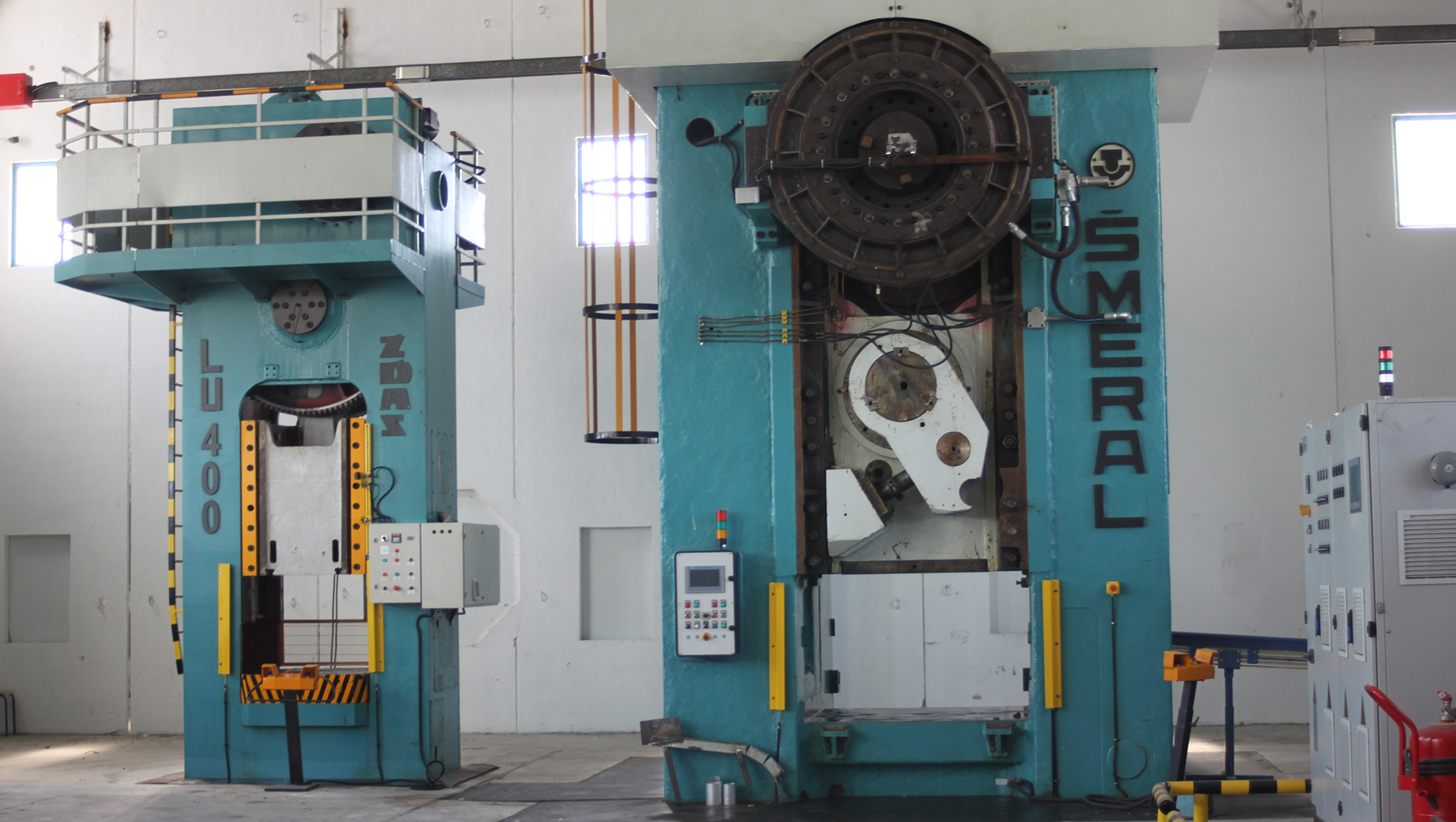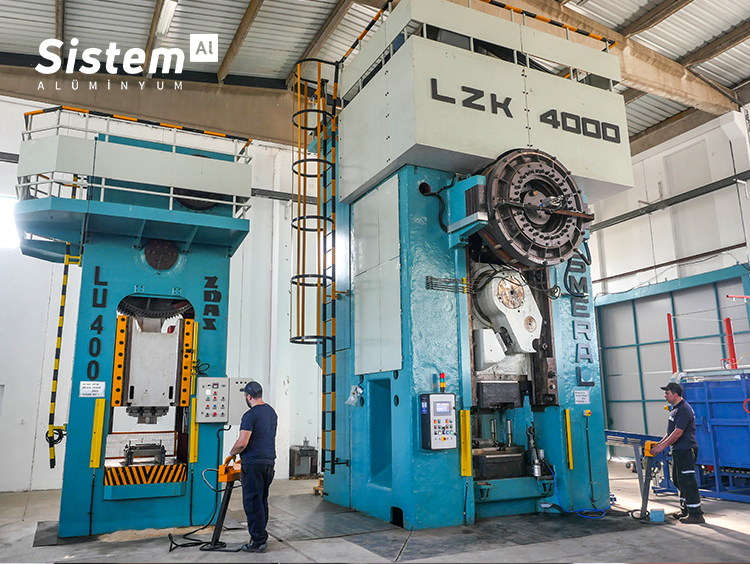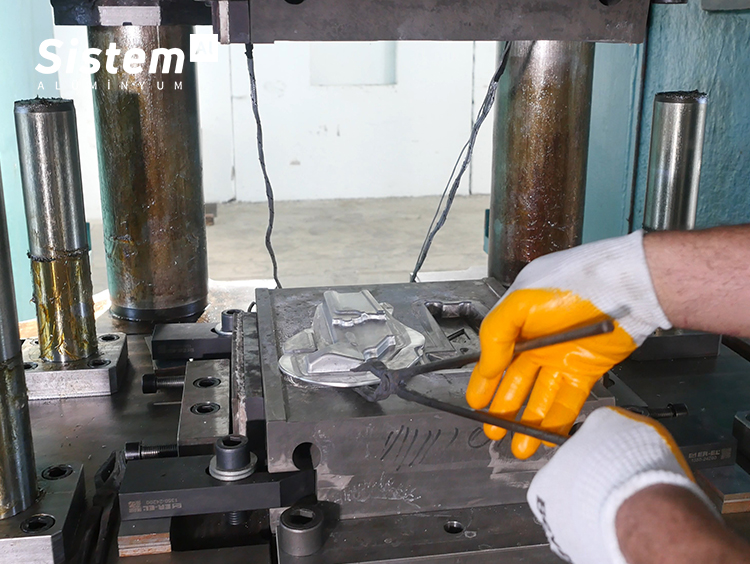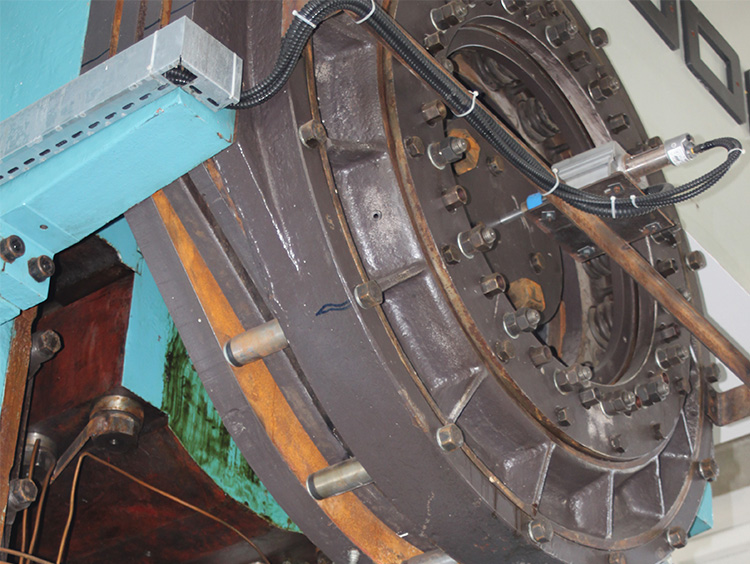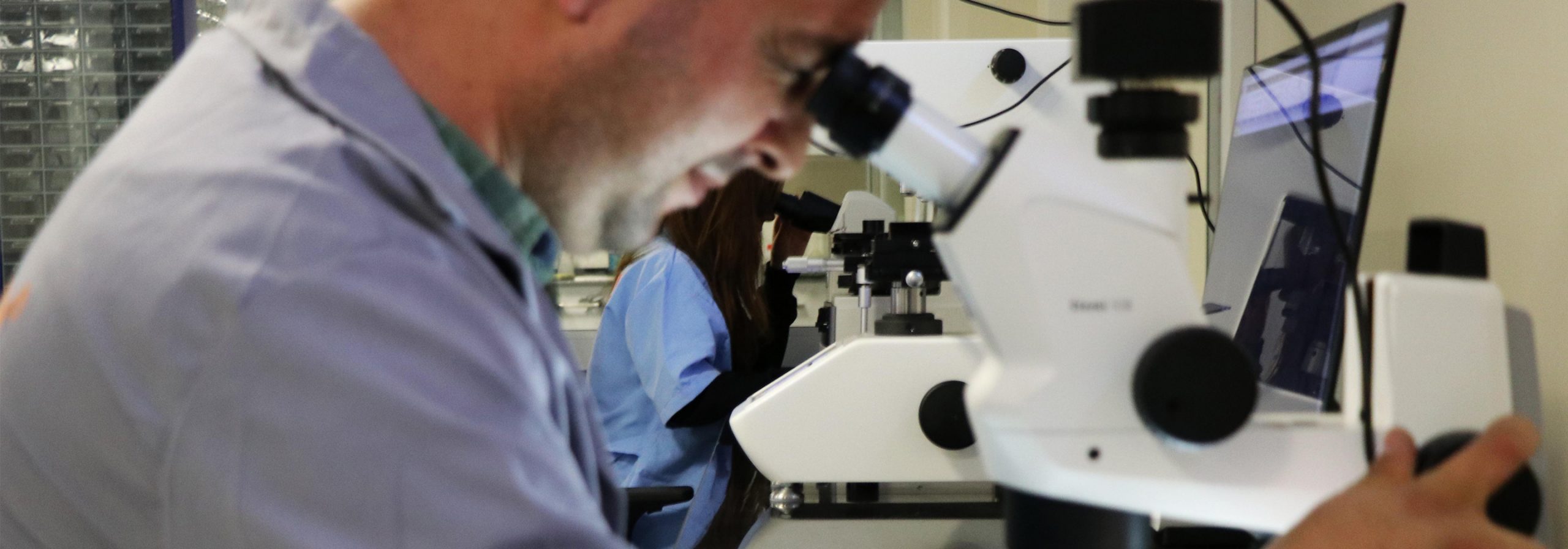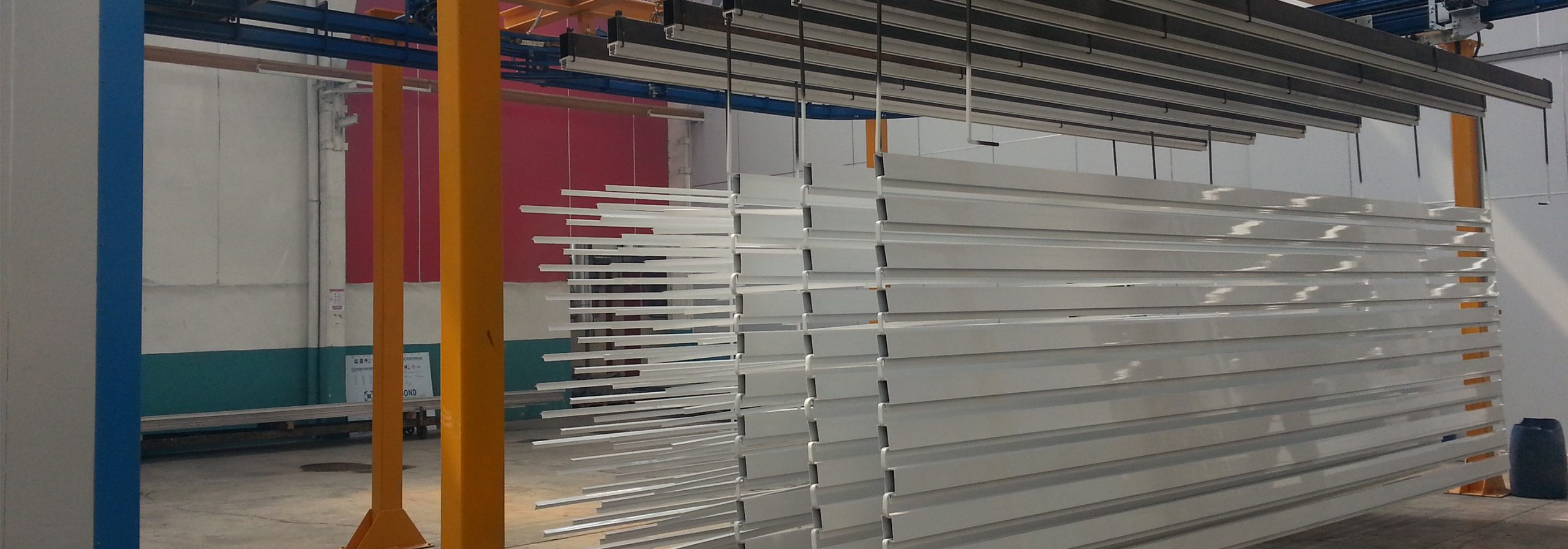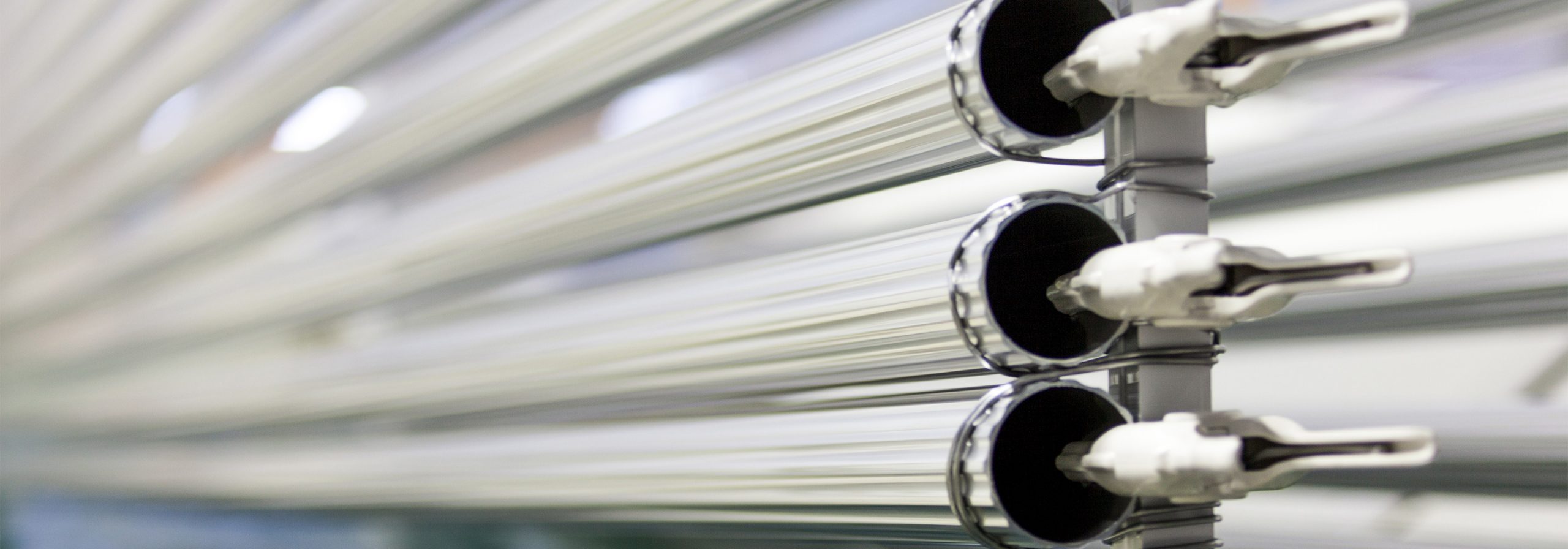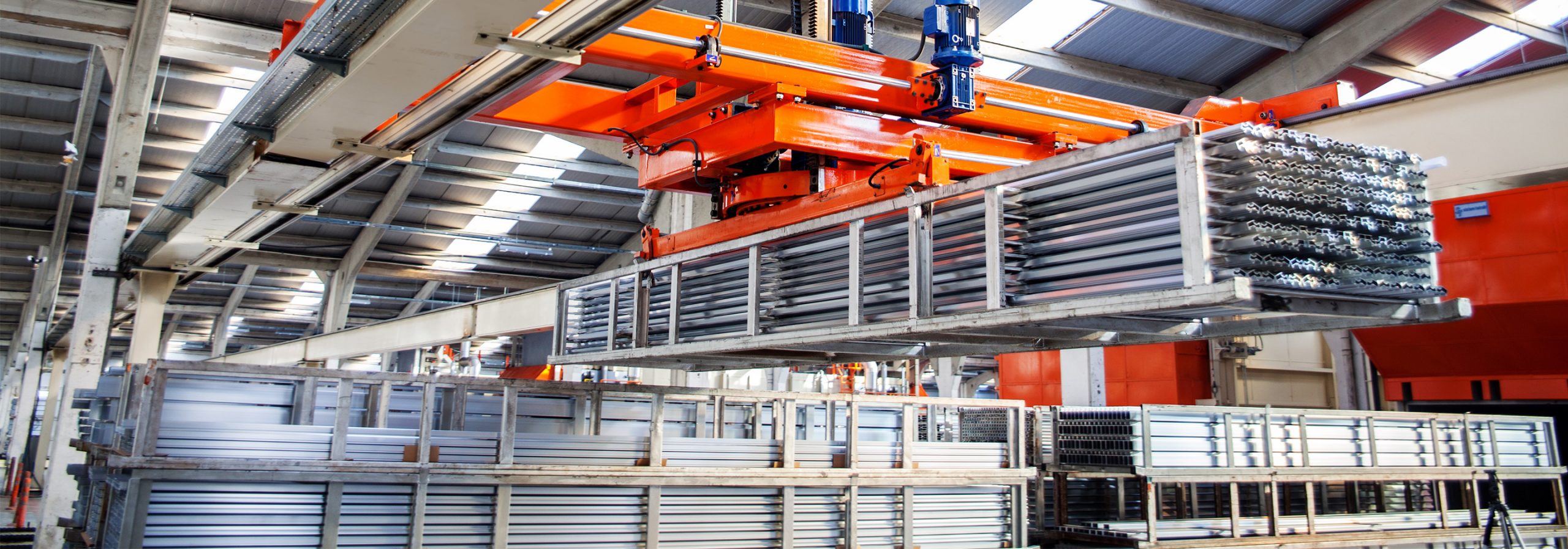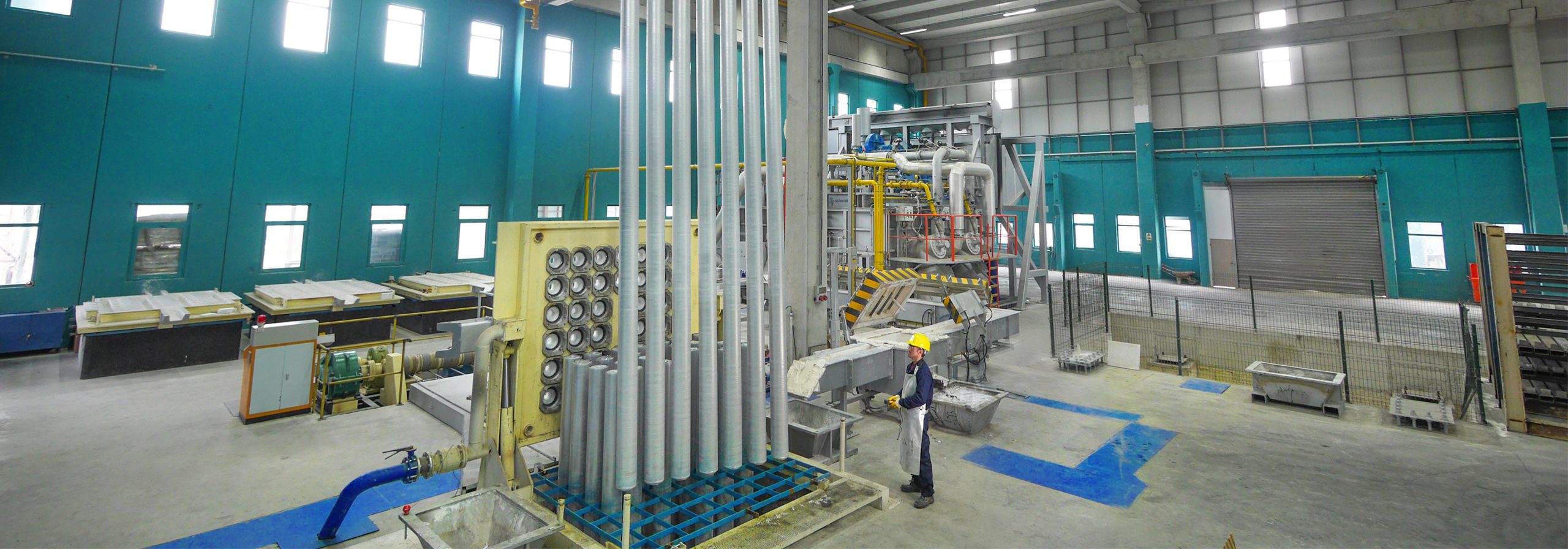Forging is a manufacturing process in which metal is pressed, forged or squeezed under great pressure to produce high strength parts. Forged aluminum is ideal for applications where performance and safety are critical, but a lighter metal is needed for speed or energy efficiency.
The forging of aluminium alloys is the process of converting a uniform blank shape into a final product by hammering the material between shaped or flat dies. This working process may take place in one stage or several stages. The great majority of aluminium forgings are made in the heat-treatable alloys, but forgings in pure aluminium and in some of the non-heat-treatable alloys find application in certain fields. The technology has now reached an advanced stage of development, and precision forgings are used for many highly stressed parts, such as in aircraft undercarriage gear, internal combustion engines and other power units. Forged components have an advantage of near net shape, minimising further machining. Forged aluminum wheels on a racing car is a perfect example.


